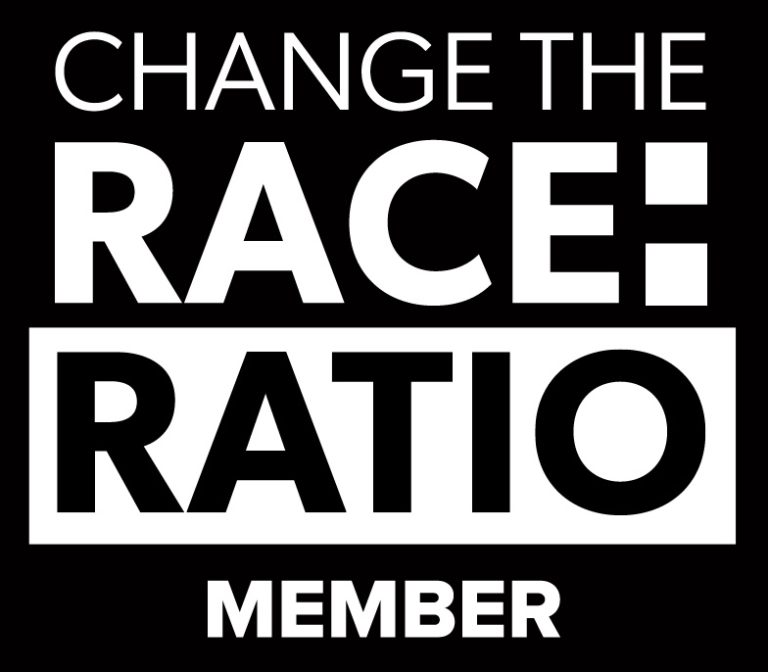We often hear that resourcing functions are critical to organisations, in getting the right talent, into the right place, at the right time and at the right cost. We hear less often about the part that Strategic Workforce Planning (SWP) plays in making this happen, and how this sets organisations up for success in achieving the above. Arguably SWP is of equal importance to the Strategic Business Planning process. You can have the best business strategy in the world, but if the talent isn’t accessible or doesn’t exist at the right time to execute it, then things start to fall over.
More often when organisations speak of SWP, it’s like stepping into muddied water. Speak to 10 different organisations and they will give you a very different answer on what it is; they know it’s important but see it as complex and are unsure of where to start or who to get involved. Often asking questions such as: What is SWP in practice? Who exactly owns this? When do we do it? How often? What does best practice look like?
Strategic Workforce Planning is powerful.
It’s the component that makes the difference on how successful a business will be. Not now, but over a 3-to-5-year perspective. Companies who excel at SWP will always have the competitive advantage over those who do not.
They will be thinking strategically about things such as
-
- Political, social, legal and technological trends
And what these all mean for their future business strategy, and the skills needed to execute it.
These organisations are at the cutting edge of understanding the critical skills they want…not now… but in the future.
As well as looking outward, they are looking inward:
-
- Understanding their workforce analytics/trends
-
- Understanding their current workforce skills and capabilities
They will think critically about what is missing.
They will think in depth about what they have vs. what they need in 3-5 years.
They will have talent strategies, which will be risk analysed, and know exactly how they will get from where they are now to where they want to be.
They will get the right skills in the right place at the right time and will keep the competitive edge of their organisation.
On the flip side, companies who invest less in SWP tend to be:
-
- Fishing from overfished pools
-
- Looking for talent that may not exist
-
- Paying more for in demand talent
They will have left it too late to:
-
- Develop talent internally
-
- To have an effective internal mobility strategy
-
- Restructure at the right time
-
- Engage early with talent of interest
Budget constraints, a stressed talent pool, ageing employees nearing retirement, and skill gaps all make strategic human capital management more important than ever.
With proper executive commitment and investment in analytical capabilities, strategic workforce planning can transform how your organisation tackles complex human capital challenges. Leaders who are embracing SWP are best positioned to build an agile, skilled workforce ready to deliver their services in the 21st century.
We’d be happy to have an informal chat If you’d like to find out more about Strategic Workforce Planning and how this could benefit your organisation. Contact us by phone, email or fill in the form below and we’ll get back to you.
Click here for more info on Omni’s Strategic Workforce Planning services, including workshops and environmental scans.
T: 0161 929 4343
E: insights@omnirms.com










